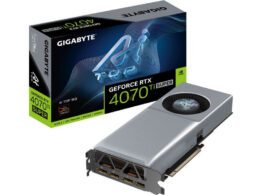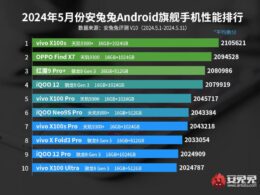The licensing dispute between Arm and Qualcomm, initially reported two years ago, has escalated. The situation has exacerbated to a point that Qualcomm has filed a countersuit against Arm, while the latter has demanded a sales ban on all computers powered by Snapdragon X processors – effectively seeking their destruction.
The root of the conflict stems from Qualcomm’s 2019 acquisition of startup Nuvia. Co-founded by former Apple engineers, Nuvia developed its proprietary Arm-compatible processor core. Qualcomm intended to utilize this core in server processors, for which it had secured a license from Arm. Subsequently, Qualcomm repurposed this core as Oryon for its consumer Snapdragon X Elite and Snapdragon X Plus processors, which power PCs. The company also planned to introduce it in smartphone processors in the future.
In 2022, Arm filed a lawsuit against Qualcomm, alleging that Qualcomm had forced Nuvia to violate its Arm licenses, thus prompting Arm to annul these licenses. In the suit, Arm also demanded both Qualcomm and Nuvia cease usage and destroy all Arm-related technologies developed under the license. In a statement to Reuters, Arm explained that its lawsuit aimed to safeguard the Arm ecosystem and partners relying on its intellectual property and innovative developments.

In simpler terms, according to Arm, Acer, Asus, Dell, HP, Microsoft, Lenovo, Samsung, and other smaller manufacturers should destroy all laptops powered by Snapdragon X chips. Amidst this conflict, Microsoft may theoretically prefer trading with MediaTek and Nvidia over Qualcomm in the future. Meanwhile, on April 18, 2024, Qualcomm responded with a countersuit against Arm.
Analysts suspect that Arm is introducing a new licensing model aimed at generating higher revenues. This model would calculate license costs based on the device’s price instead of the processor’s. If applied to Qualcomm, it would imply a one-time payment worth hundreds of millions of dollars, in addition to significantly more substantial regular disbursements than the current level. Negotiations between Arm and Qualcomm are set to commence in December 2024 at the earliest. Potential buyers of Snapdragon X-powered computers shouldn’t feel threatened as the proposal to destroy the devices probably intends to intimidate Qualcomm.
This entire situation appears absurd. Arm has long strived to integrate its processors with desktop PCs. Just as a tangible opportunity arises to accomplish this, the company seems willing to forfeit the golden chance in the hopes of earning more money. Being the world’s second-largest supplier of smartphone processors after MediaTek, Qualcomm is effectively one of Arm’s critical partners. Qualcomm also significantly depends on Arm. This relationship could have formed the basis for a symbiotic partnership, but something went off course somewhere.





